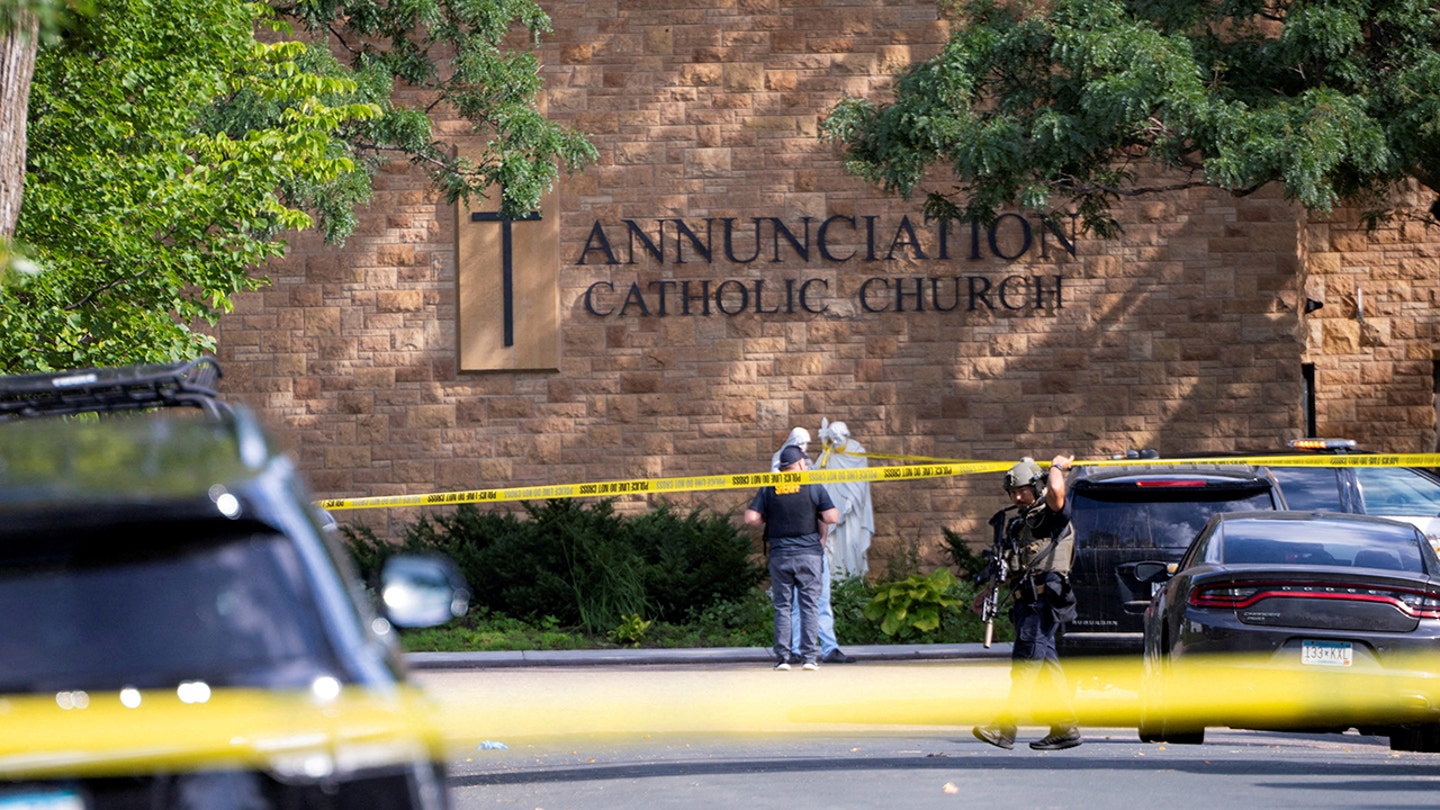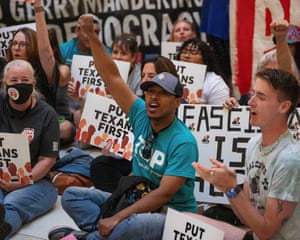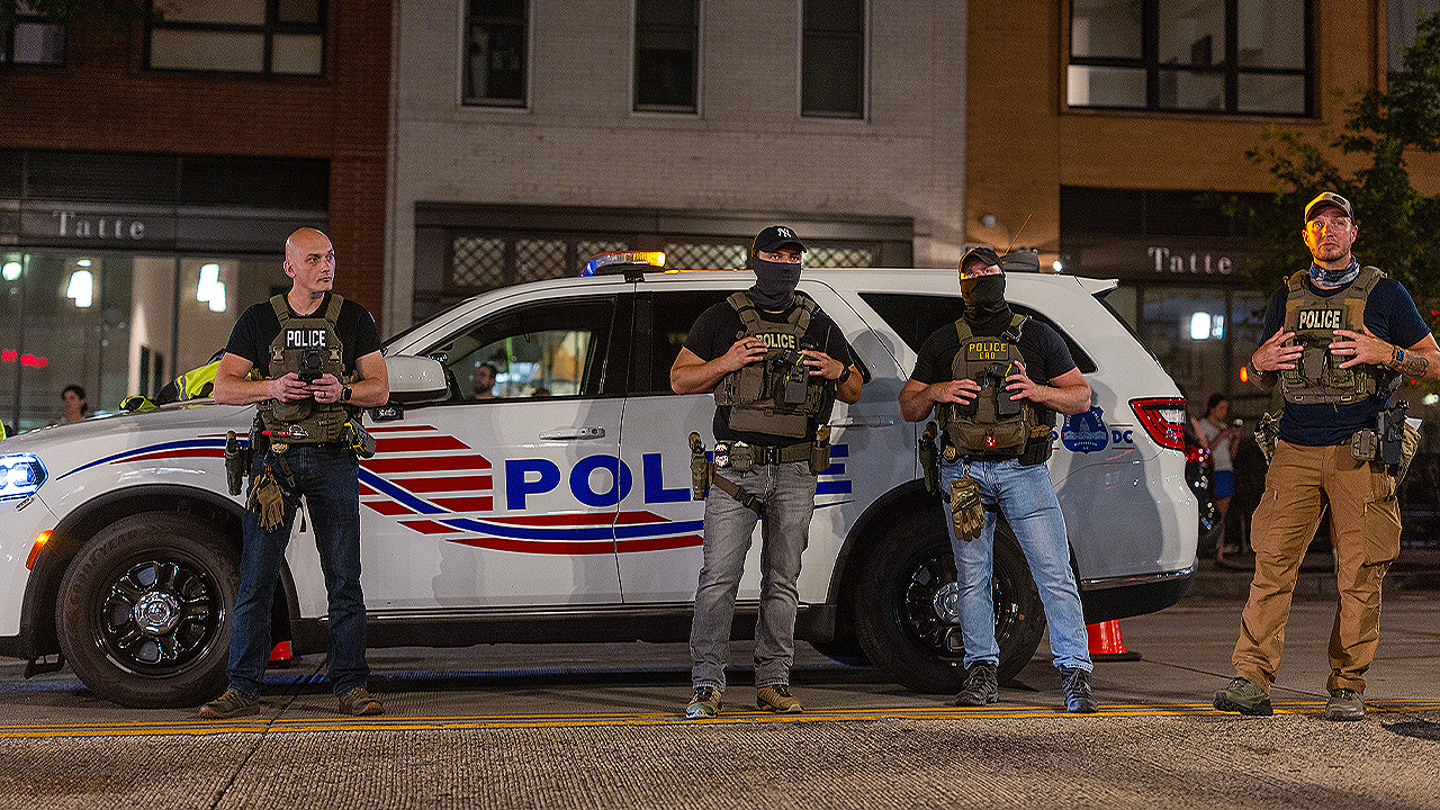
Twins denounce fatal shooting at Minnesota Catholic church as 'incomprehensible' attack
Entities mentioned:
- Minnesota Twins: Compassion, Unity, Professional pride
- Minneapolis Police Chief Brian O'Hara: Duty, Justice, Indignation
- Minnesota Vikings: Compassion, Unity, Professional pride
- Minnesota Timberwolves and Lynx: Compassion, Unity, Professional pride
- Tom Wyatt: Duty, Professional pride, Compassion
- Gunman: Revenge, Moral outrage, Fear
Article Assessment:
Credibility Score: 75/100
Bias Rating: 45/100 (Center)
Sentiment Score: 20/100
Authoritarianism Risk: 25/100 (Generally Democratic)
Bias Analysis:
The article presents a balanced view, quoting multiple sources and providing factual information. While it focuses on statements from local organizations, it doesn't appear to lean towards any particular political stance.
Key metric: Public Safety and Crime Rate
As a social scientist, I analyze that this tragic event significantly impacts public safety perceptions and crime rates in Minnesota. The shooting at a church, targeting children during a religious service, represents a severe breach of societal norms and expectations of safety in places of worship and education. This incident is likely to increase fear and anxiety within the community, potentially leading to decreased participation in public gatherings and religious services. The swift and unified response from local sports teams demonstrates community cohesion in the face of tragedy, which may help in the healing process. However, the event's severity and targeting of children could lead to long-lasting trauma and a persistent sense of vulnerability, potentially affecting social behavior and trust in public institutions. The incident may also spark debates on gun control and security measures in schools and religious institutions, potentially leading to policy changes.

Captain Keegan Bradley declines to pick himself to play in golf’s Ryder Cup as he announces his Team USA selections
Entities mentioned:
- Keegan Bradley: Duty, Professional pride, Self-respect
- Team USA: Competitive spirit, Pride, Unity
- Donald Trump: Influence, Recognition, Loyalty
Article Assessment:
Credibility Score: 85/100
Bias Rating: 50/100 (Center)
Sentiment Score: 60/100
Authoritarianism Risk: 20/100 (Strongly Democratic)
Bias Analysis:
The article presents a balanced view of the selection process, including multiple perspectives and direct quotes. It maintains a neutral tone in reporting both the decision-making process and external commentary.
Key metric: International Sports Competitiveness
As a social scientist, I analyze that this article highlights the strategic decision-making process in international sports competitions, specifically the Ryder Cup. Bradley's choice not to select himself as a player, despite his strong performance, demonstrates a prioritization of team success over personal glory. This decision could potentially impact team dynamics and overall performance, as it shows a commitment to objective team selection based on recent performance rather than leveraging captain's privilege. The involvement of a former U.S. President in publicly commenting on team selection also underscores the cultural and political significance of this sporting event in American society.

Grand jury declines to indict alleged Washington DC sandwich thrower
Entities mentioned:
- NAACP: Justice, Righteousness, Influence
- Donald Trump: Power, Control, Revenge
- Harvard University: Self-preservation, Professional pride, Legacy
- Federal Reserve: Independence, Professional pride, Duty
- Lisa Cook: Self-preservation, Professional pride, Justice
- Elon Musk: Influence, Power, Recognition
- Gavin Newsom: Ambition, Competitive spirit, Influence
Article Assessment:
Credibility Score: 70/100
Bias Rating: 35/100 (Lean Left)
Sentiment Score: 30/100
Authoritarianism Risk: 55/100 (Mixed/Neutral)
Bias Analysis:
The article leans slightly left in its framing, giving more space to criticisms of Trump and Republican actions. While it covers various topics, there's a noticeable emphasis on Trump's controversial moves and Democratic responses.
Key metric: Political Polarization Index
As a social scientist, I analyze that this article highlights increasing political tensions and polarization in the United States. The multiple lawsuits, conflicts between the Trump administration and various entities (including the Federal Reserve), and the racial redistricting issues all point to deepening divides in American politics. The attempts to influence key institutions like the Federal Reserve and redraw congressional maps suggest a struggle for power and control over democratic processes. This heightened conflict and the undermining of institutional independence could lead to increased political polarization, potentially affecting governance, policy-making, and public trust in democratic institutions.

Cracker Barrel's logo mea culpa is a start but it shouldn't be the end
Entities mentioned:
- Cracker Barrel: Self-preservation, Recognition, Professional pride
- Donald Trump: Influence, Power, Recognition
- Uncle Herschel: Legacy, Loyalty, Pride
- Danny Evins: Legacy, Pride, Professional pride
- Sardar Biglari: Professional pride, Competitive spirit, Righteousness
- Don Keough: Professional pride, Duty, Loyalty
- David Ogilvy: Professional pride, Wisdom, Legacy
Article Assessment:
Credibility Score: 55/100
Bias Rating: 75/100 (Lean Right)
Sentiment Score: 35/100
Authoritarianism Risk: 45/100 (Mixed/Neutral)
Bias Analysis:
The article leans right, evidenced by its criticism of 'woke' corporate policies and positive framing of traditional values. It prominently features Trump's statements and conservative viewpoints, while presenting progressive initiatives negatively.
Key metric: Consumer Confidence Index
As a social scientist, I analyze that this article highlights the tension between traditional brand values and modern corporate social responsibility initiatives. The Cracker Barrel logo controversy serves as a microcosm of larger cultural debates in the United States. The swift reversal of the rebranding decision, influenced by customer backlash and political commentary, suggests a significant impact on consumer confidence. This incident demonstrates the power of consumer sentiment in shaping corporate decisions and the delicate balance companies must maintain between modernization and preserving brand heritage. The article frames this as a conflict between 'woke' corporate policies and traditional values, which could influence consumer behavior and brand loyalty beyond just Cracker Barrel, potentially affecting broader economic indicators like the Consumer Confidence Index.

Apple expected to roll out texting update that would hit GOP hardest ahead of midterms, fundraisers say
Entities mentioned:
- Apple: Control, Security, Professional pride
- Republican Party: Self-preservation, Competitive spirit, Wariness
- Sean Dollman: Loyalty, Indignation, Determination
- Donald Trump: Ambition, Power, Influence
- Democratic Party: Self-preservation, Competitive spirit, Unity
- Big Tech: Control, Power, Influence
Article Assessment:
Credibility Score: 65/100
Bias Rating: 75/100 (Lean Right)
Sentiment Score: 30/100
Authoritarianism Risk: 45/100 (Mixed/Neutral)
Bias Analysis:
The article leans right, primarily presenting Republican perspectives and concerns. It frames the issue as potentially harmful to GOP interests, with limited counterbalancing viewpoints from Apple or Democrats.
Key metric: Electoral Participation and Fundraising
As a social scientist, I analyze that this article highlights a potential technological change that could significantly impact political campaigning and fundraising, particularly for the Republican Party. The iOS update's text filtration system is presented as potentially detrimental to GOP outreach efforts, echoing past controversies with tech companies. This situation underscores the growing influence of technology on political processes and the tension between user experience/security and political communication. The article suggests a disproportionate impact on Republican campaigns, which could affect voter engagement and campaign financing. This raises questions about the neutrality of tech platforms in political processes and the adaptability of political campaigns to technological changes.

Kamala Harris fundraising events have been a flop to help raise money for DNC: Report
Entities mentioned:
- Kamala Harris: Ambition, Power, Legacy
- Democratic National Committee (DNC): Self-preservation, Unity, Influence
- Donald Trump: Power, Competitive spirit, Ambition
- Jen O'Malley Dillon: Loyalty, Professional pride, Duty
- Ken Martin: Duty, Obligation, Professional pride
Article Assessment:
Credibility Score: 65/100
Bias Rating: 55/100 (Center)
Sentiment Score: 30/100
Authoritarianism Risk: 20/100 (Strongly Democratic)
Bias Analysis:
The article presents information from multiple sources, including both Harris' allies and critics. While it leans slightly towards criticism of Harris and the DNC, it also includes defensive statements, maintaining a relatively balanced perspective.
Key metric: Political Fundraising Effectiveness
As a social scientist, I analyze that this article highlights significant challenges in the Democratic Party's fundraising efforts, particularly those associated with former Vice President Kamala Harris. The reported disappointing results from Harris' fundraising events, coupled with the DNC's ongoing payments of her campaign debts, suggest a strain on the party's financial resources. This situation could potentially impact the Democrats' ability to compete effectively in future elections, especially the upcoming midterms. The article also reveals internal tensions within the party, with some members expressing frustration over campaign spending and others criticizing the current DNC leadership. These factors combined indicate a period of financial and strategic difficulty for the Democratic Party, which could have broader implications for their political influence and electoral prospects.

81% of Americans see crime as a 'major problem' in big cities, new poll shows
Entities mentioned:
- Donald Trump: Power, Control, Recognition
- American Public: Security, Fear, Justice
- Pam Bondi: Duty, Professional pride, Control
- Iris Tao: Security, Self-preservation, Recognition
- Anna Giaritelli: Justice, Security, Moral outrage
- Gregg Pemberton: Professional pride, Security, Control
Article Assessment:
Credibility Score: 65/100
Bias Rating: 75/100 (Lean Right)
Sentiment Score: 30/100
Authoritarianism Risk: 70/100 (Authoritarian Tendencies)
Bias Analysis:
The article leans right, evidenced by its focus on Trump's actions and positive framing of his crime policies. It predominantly features perspectives supporting Trump's approach, with limited counterbalancing views.
Key metric: Crime Rate
As a social scientist, I analyze that this article highlights a significant public concern over crime rates in major US cities, with a strong emphasis on the Trump administration's approach to law enforcement. The poll data suggests widespread anxiety about crime across political affiliations, though with varying levels of support for Trump's methods. The personal anecdotes and support from law enforcement officials reinforce the narrative of a crime crisis, potentially influencing public perception and policy decisions. The federalization of local police forces represents a significant shift in crime-fighting strategy, which could have far-reaching implications for federal-state relations and civil liberties.

'Weapons of war': Dem lawmakers call for gun control after Minneapolis school shooting
Entities mentioned:
- Chuck Schumer: Moral outrage, Justice, Security
- Hakeem Jeffries: Moral outrage, Security, Justice
- Shri Thanedar: Moral outrage, Justice, Security
- Brian O'Hara: Duty, Security, Professional pride
- Tom Emmer: Duty, Empathy, Security
- Tina Smith: Moral outrage, Security, Empathy
- Amy Klobuchar: Justice, Security, Moral outrage
Article Assessment:
Credibility Score: 75/100
Bias Rating: 45/100 (Center)
Sentiment Score: 25/100
Authoritarianism Risk: 30/100 (Generally Democratic)
Bias Analysis:
The article presents statements from both Democratic and Republican lawmakers, providing a somewhat balanced view. However, there is more emphasis on Democratic calls for gun control, which slightly tilts the perspective.
Key metric: Gun Violence Incidence Rate
As a social scientist, I analyze that this article highlights the immediate political response to a school shooting incident, specifically focusing on calls for gun control from Democratic lawmakers. The shooting at Annunciation Catholic School in Minneapolis has reignited the debate on gun violence and school safety. Democratic leaders are using this tragedy to push for stricter gun control measures, framing it as a public safety and child protection issue. The responses from Republican representatives are more restrained, offering prayers without mentioning policy changes. This polarization reflects the ongoing partisan divide on gun control issues in the United States. The incident's impact on the Gun Violence Incidence Rate is likely to be significant, as school shootings tend to intensify public discourse and potentially influence policy decisions regarding gun control and school safety measures.

Keegan Bradley 'deeply honored' Trump wanted him to play in Ryder Cup; hits back at Rory McIlroy's comments
Entities mentioned:
- Keegan Bradley: Professional pride, Duty, Loyalty
- Donald Trump: Influence, Recognition, Power
- Rory McIlroy: Competitive spirit, Professional pride, Skepticism
- Team USA: Competitive spirit, Pride, Unity
Article Assessment:
Credibility Score: 75/100
Bias Rating: 55/100 (Center)
Sentiment Score: 60/100
Authoritarianism Risk: 30/100 (Generally Democratic)
Bias Analysis:
The article presents multiple viewpoints and quotes directly from the involved parties, maintaining a relatively balanced approach. However, the inclusion of Trump's involvement and the focus on U.S. perspectives slightly tilts the narrative, though not significantly enough to be considered partisan.
Key metric: International Sports Diplomacy
As a social scientist, I analyze that this article highlights the intersection of sports and politics, particularly in the context of international competition. The involvement of a former U.S. President in team selection discussions for the Ryder Cup demonstrates the high-profile nature of this event and its potential impact on national pride and international relations. Bradley's decision to prioritize team performance over personal ambition, despite high-level encouragement, reflects a commitment to professional integrity and team dynamics. The disagreement between Bradley and McIlroy on the feasibility of a playing captain role underscores the evolving nature of sports leadership and the tensions that can arise in international competitions. This situation may influence perceptions of U.S. sports diplomacy and team cohesion on the global stage.

Top California Republican drops ‘two-state solution’ to combat Newsom’s redistricting
Entities mentioned:
- James Gallagher: Justice, Competitive spirit, Righteousness
- Gavin Newsom: Power, Control, Ambition
- Brian Jones: Duty, Indignation, Righteousness
- Roger Niello: Justice, Indignation, Professional pride
- California Democratic Party: Power, Control, Self-preservation
- California Republican Party: Justice, Self-preservation, Competitive spirit
Article Assessment:
Credibility Score: 65/100
Bias Rating: 70/100 (Lean Right)
Sentiment Score: 35/100
Authoritarianism Risk: 45/100 (Mixed/Neutral)
Bias Analysis:
The article leans right, evidenced by its focus on Republican perspectives and criticism of Democratic actions. While it includes some opposing viewpoints, the narrative predominantly favors the Republican stance on the redistricting issue.
Key metric: Electoral Competitiveness
As a social scientist, I analyze that this proposal to split California into two states is a reaction to perceived unfair redistricting practices. The plan would significantly alter the political landscape of California and the United States. It highlights the growing rural-urban divide and the intensifying political polarization in the state. This drastic measure underscores the deep frustration among Republicans with their diminishing influence in California politics. However, the feasibility of such a proposal is extremely low, given the complex legal and constitutional hurdles it would face. The article reveals the escalating tensions between California's Democratic leadership and Republican opposition, showcasing how redistricting has become a flashpoint in the broader struggle for political power and representation.